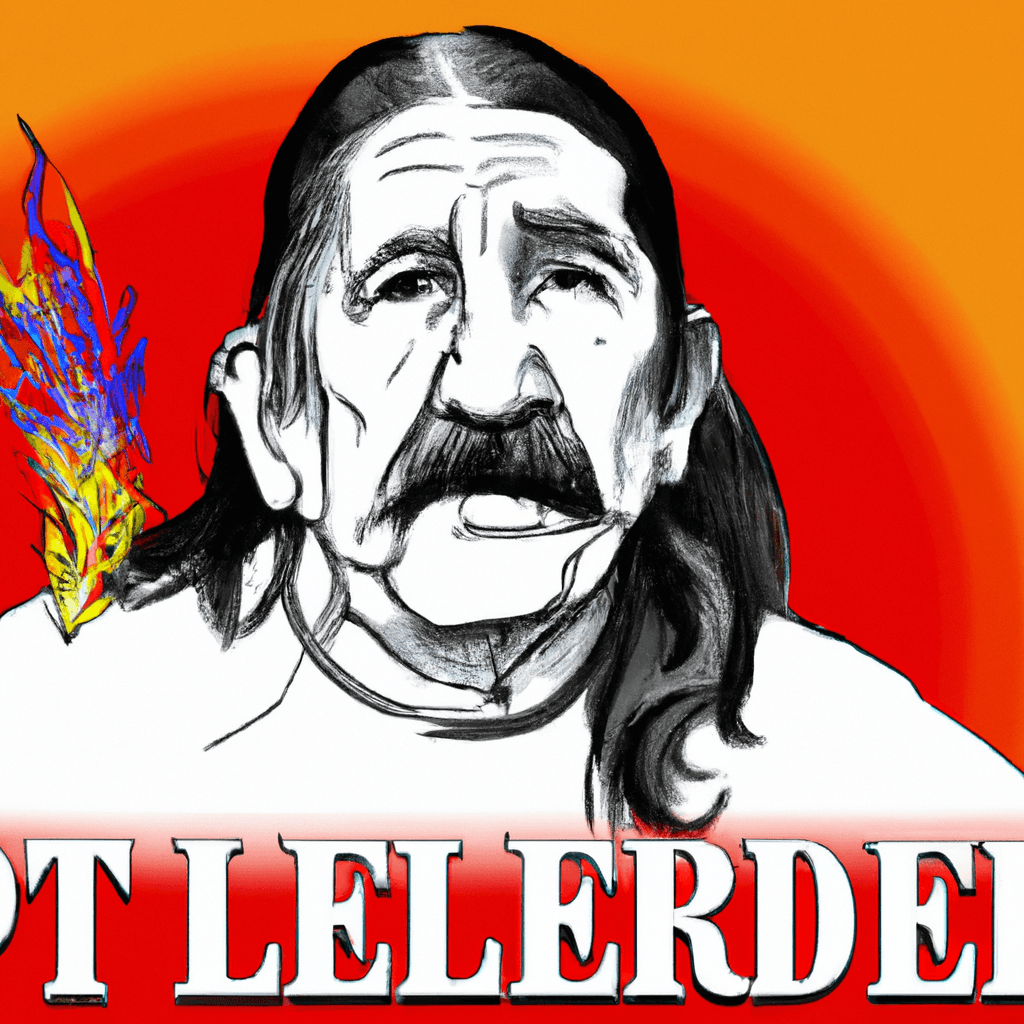The Case of Leonard Peltier: A Struggle for Justice
Understanding the Ongoing Fight for Leonard Peltier's Freedom

Leonard Peltier, an indigenous rights activist and member of the American Indian Movement (AIM), has become a symbol of the long-standing battle against injustice faced by Native Americans in the United States. Accused of murdering two FBI agents in 1975 on the Pine Ridge Reservation in South Dakota, Peltier’s case has raised serious questions about the fairness of the legal proceedings and the treatment of indigenous peoples in the justice system.
Peltier was convicted based on questionable evidence, and his trial was riddled with procedural flaws. Allegations of prosecutorial misconduct and the suppression of evidence have fueled claims that his conviction was both politically motivated and a product of systemic discrimination. Over the decades, many advocates have rallied for his release, arguing that Peltier is a political prisoner.
Advocacy for his freedom has gained traction internationally, with human rights organizations declaring Peltier's case a violation of justice. Supporters highlight the broader implications of his imprisonment, illustrating how it reflects the ongoing struggles confronting Native American communities, including issues related to sovereignty, self-determination, and the preservation of their cultural heritage.
In recent years, calls for Leonard Peltier's clemency have intensified, particularly as the nation grapples with questions of racial injustice and equality. The plight of Peltier remains emblematic of a system that has often failed indigenous peoples, echoing a call for significant reforms within the justice system.
As we reflect on Leonard Peltier's case, we must acknowledge the importance of advocating for justice not only for him but for all marginalized communities. In seeking to understand the depth of history and struggles surrounding Native American rights, we become better equipped to advocate for a more just society.